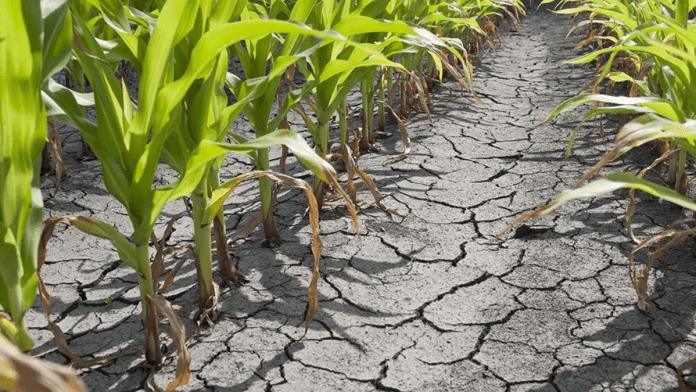News in brief: FAO is working on initiatives to help conserve water in agriculture, including increasing irrigation efficiency and reducing negative impacts on water quality. It stresses the importance of holistically integrating sustainable water management into agrifood systems.
The Food and Agriculture Organization (FAO) of the United Nations has said that agriculture can help conserve the world’s stressed water resources. Its statement came during the 18th World Water Congress where it added that this was essential in ensuring adequate nutrition for all.
FAO Deputy Director-General (DDG) Maria Helena Semedo said that agriculture takes 70% of global freshwater use while dwindling resources, climate change, and competition for other uses threatens water available for it.
Semedo confirmed that the organisation is working on a number of initiatives to help conserve water in agriculture including increasing the efficiency use in irrigation and reducing the negative impacts of agriculture on water quality. Re-using wastewater is also part of its water conservation efforts.
According to the FAO DDG, these initiatives are part of the New Water Journey plan which is focused on integrated water resources management for agriculture and food security.
Furthermore, a report on the event claimed that she emphasised that ecosystem-based solutions and sustainable management of natural resources are key to conserving water and ensuring food security.
Additionally, she noted the importance of prioritising green and blue infrastructure for agriculture in fisheries and aquaculture. She said it can enhance water quality, maintain biodiversity, and provide other benefits to agrifood systems and rural areas.
Semedo stressed that the success of these initiatives depends on holistically and coherently integrating sustainable water management into all aspects of agrifood systems.
Subsequently, she called for collaborative frameworks between governments, international organisations, academia, research institutions, local communities, and the private sector. This, to her, is the way to ensure inclusive and sustainable planning, financing, governance, and implementation of frameworks.
The FAO’s water initiatives are also contributing to the achievement of multiple Sustainable Development Goals (SDGs), including clean water and sanitation, zero hunger, and responsible consumption and production.



